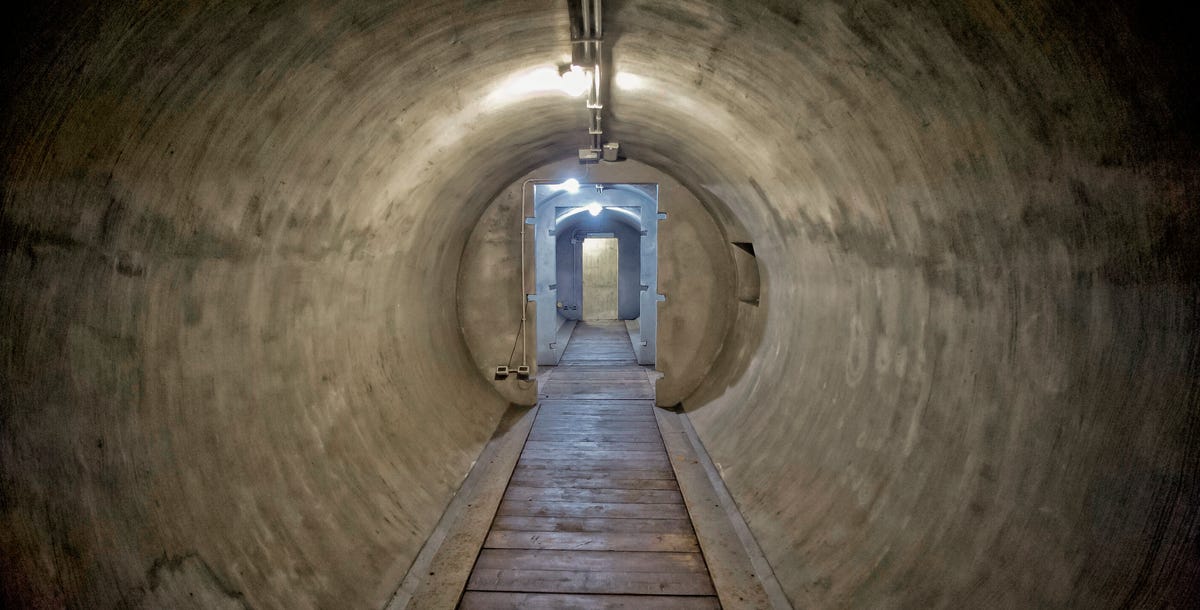Previously, a yield strength of 5,000 pounds per square inch (psi) was enough for concrete to be rated as “high strength,” with the best going up to 10,000 psi. The new UHPC can withstand 40,000 psi or more.
The greater strength is achieved by turning concrete into a composite material with the addition of steel or other fibers. These fibers hold the concrete together and prevent cracks from spreading throughout it, negating the brittleness. “Instead of getting a few large cracks in a concrete panel, you get lots of smaller cracks,” says Barnett. “The fibers give it more fracture energy.”



https://en.wikipedia.org/wiki/Fordow_Fuel_Enrichment_Plant
Seems to fall into the same timeframe.